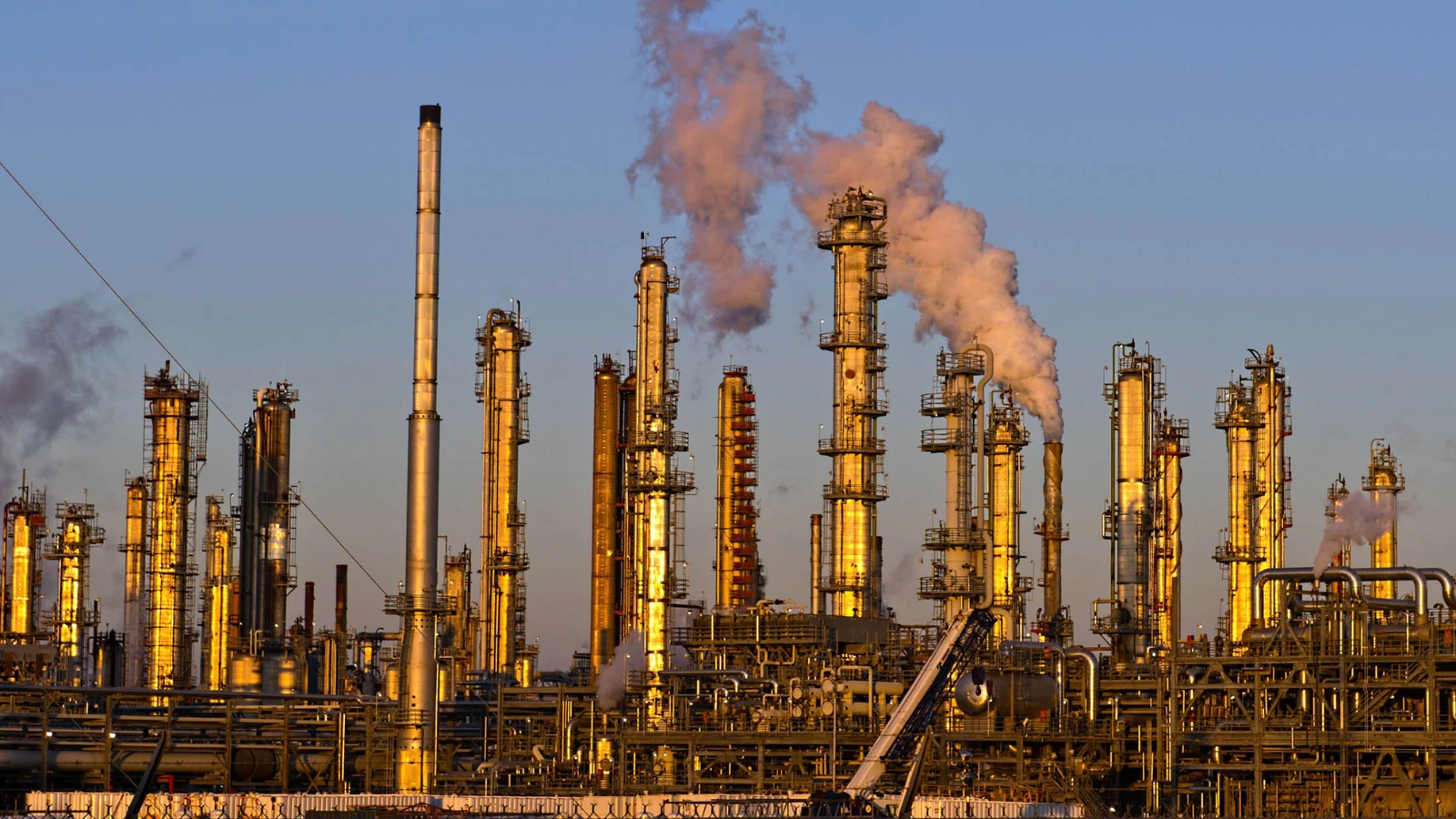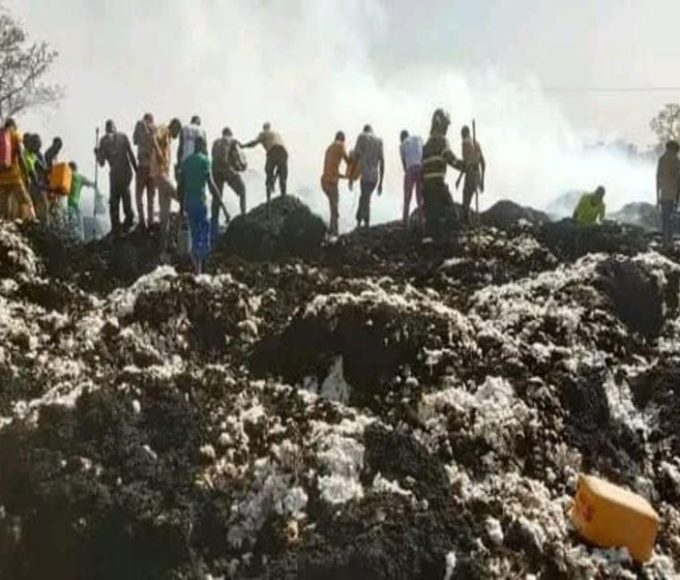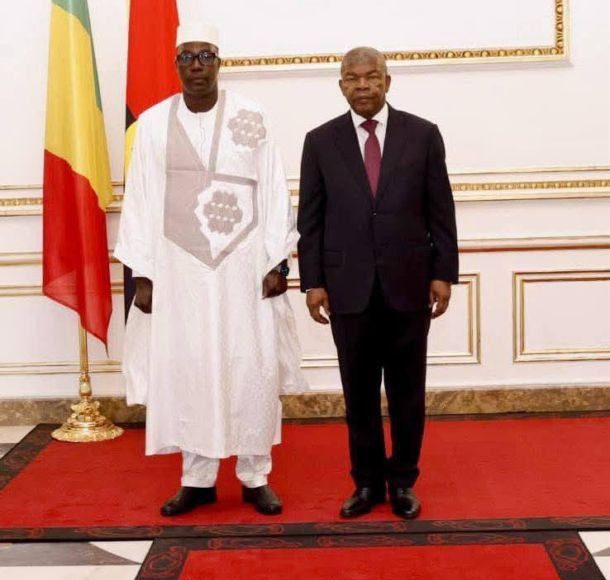
Libya Resumes Oil Production After Resolving Central Bank’s Dispute

Libya has resumed its oil production following a central bank’s leadership dispute that halted it in August, according to the National Oil Corporation (NOC) statement on Thursday.
The dispute, now resolved, initially began when the Tripoli-based administration called for replacing the long-serving Central Bank governor, Sadiq al Kabir, with Mohamed Alshukri.
The internationally recognised (U.N.-backed) government aimed to oversee the country’s oil revenues and was countered by its opposing government, leading to protests and a blockade on oil production and exports.
Such a move plunged Libya’s oil output by 81%. Hence, Libya’s oil dropped from 1.2 million bpd to 450,000 bpd. However, following the UN Support Mission in Libya (UNSMIL) intervention, the rival governments reached a U.N.-brokered agreement and announced plans to resume their oil production and shipments.
Upon resolving, the state-owned NOC noted in its latest statement that oil and crude output had reached 1.217 million barrels per day (bpd), upping from 1.158 million bpd on Friday, October 11, 2024.
The efforts of the sector’s workers are crowned with a rapid return of crude oil and condensate production rates to what they were before the force majeure declaration, the statement reads.
Several companies, including Sarir Oil, which maintained two (B22 and B15) oil wells, have resumed production following the maintenance undertaken during the halt period.
Meanwhile, Libya’s oil crisis followed the 2011 NATO-led intervention, resulting in the death of Muammar Gaddafi and destabilisation of the oil-rich region of North Africa.
Read More:
- Gunmen Attack Two Communities in Benue, Kill Residents, Burn Houses
- Côte d’Ivoire Begins Talks to Commence Withdrawal of French Troops
- Man Arrested for Setting Grandmother Ablaze in Jigawa
About The Author
Mayowa Durosinmi
author
M. Durosinmi is a West Africa Weekly investigative reporter covering Politics, Human Rights, Health, and Security in West Africa and the Sahel Region
Mayowa Durosinmi
M. Durosinmi is a West Africa Weekly investigative reporter covering Politics, Human Rights, Health, and Security in West Africa and the Sahel Region
Related Articles
Zimbabwe Rejects $350m US Health Deal Over Sovereignty Dispute
Zimbabwe has formally withdrawn from negotiations on a proposed $350 million health...
ByWest Africa WeeklyFebruary 25, 2026Niger’s President Outlines Vision for Strategic Partnership with China
Niger’s Head of State, General Abdourahmane Tiani, has articulated a renewed vision...
ByWest Africa WeeklyFebruary 25, 2026Fire Destroys 140 Tonnes of Cotton in Western Burkina Faso
A major fire has destroyed more than 140 tonnes of cotton in...
ByWest Africa WeeklyFebruary 25, 2026Mali’s New Ambassador to Angola Presents Credentials, Pledges Stronger Bilateral Ties
Diplomatic relations between Mali and Angola entered a new phase on February...
ByWest Africa WeeklyFebruary 25, 2026












Leave a comment